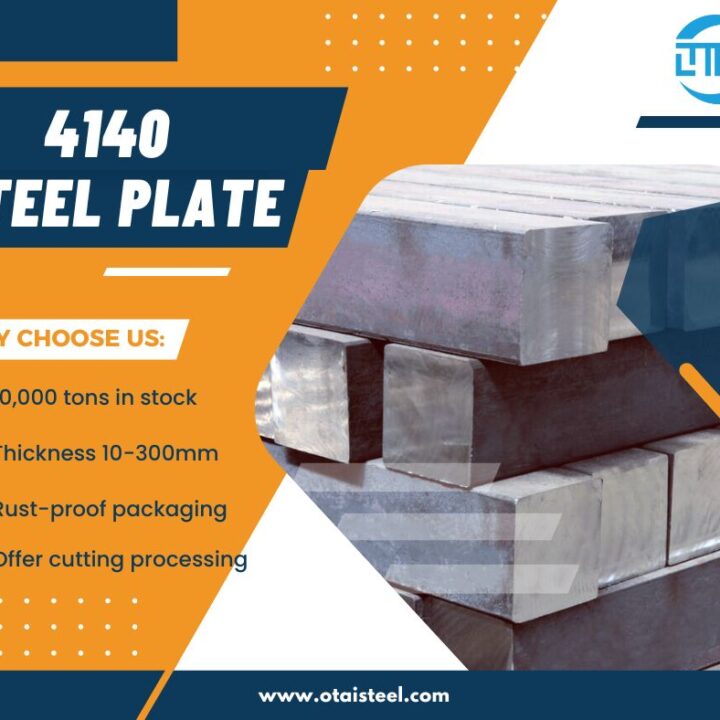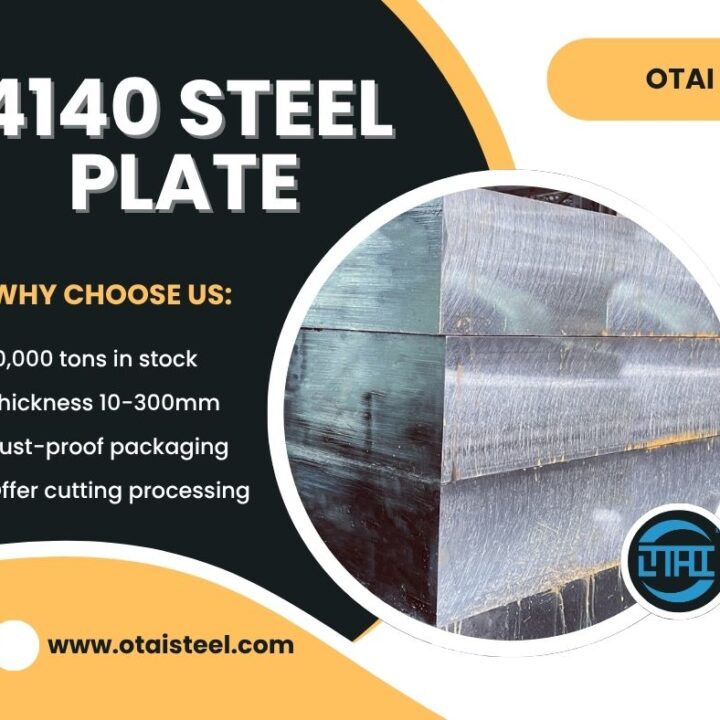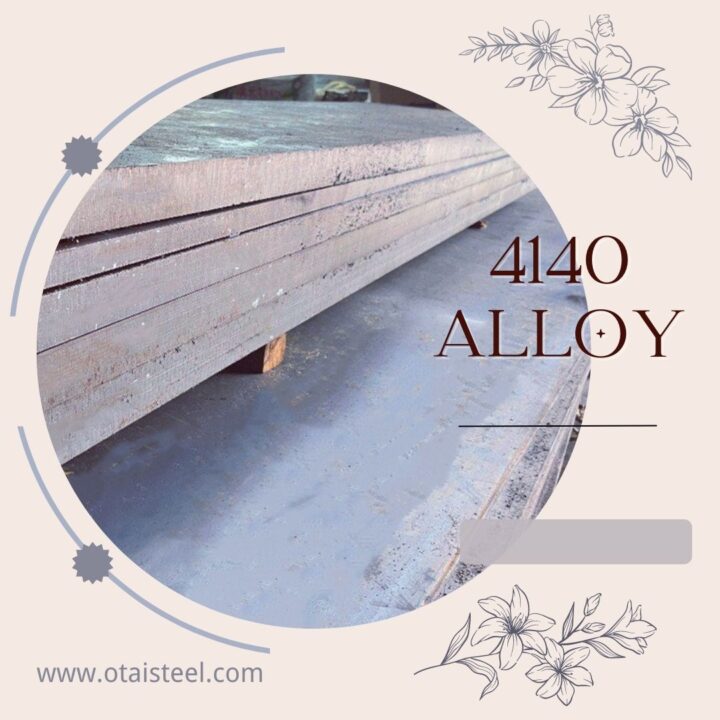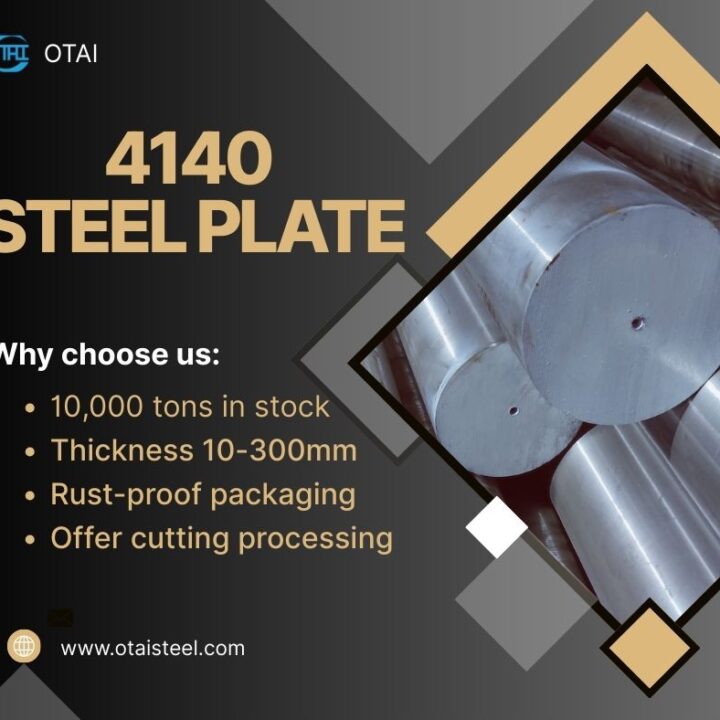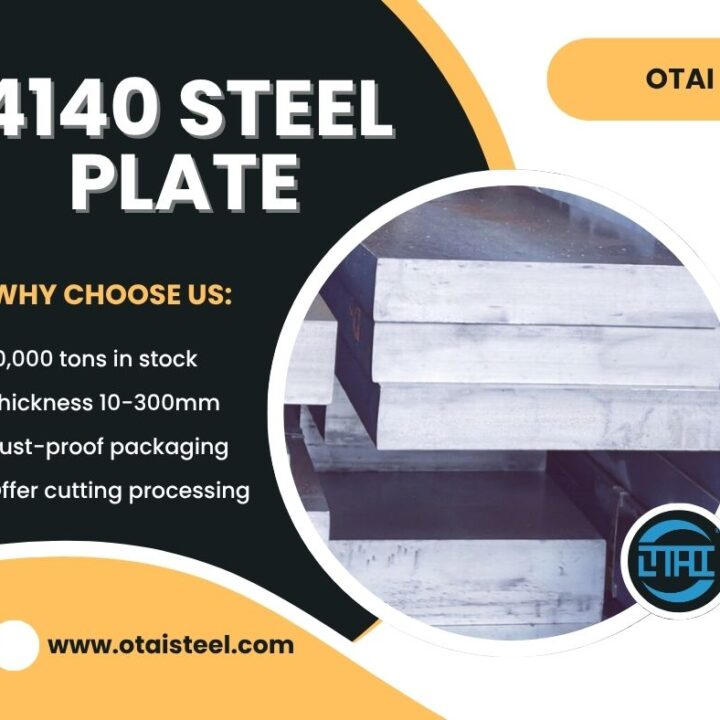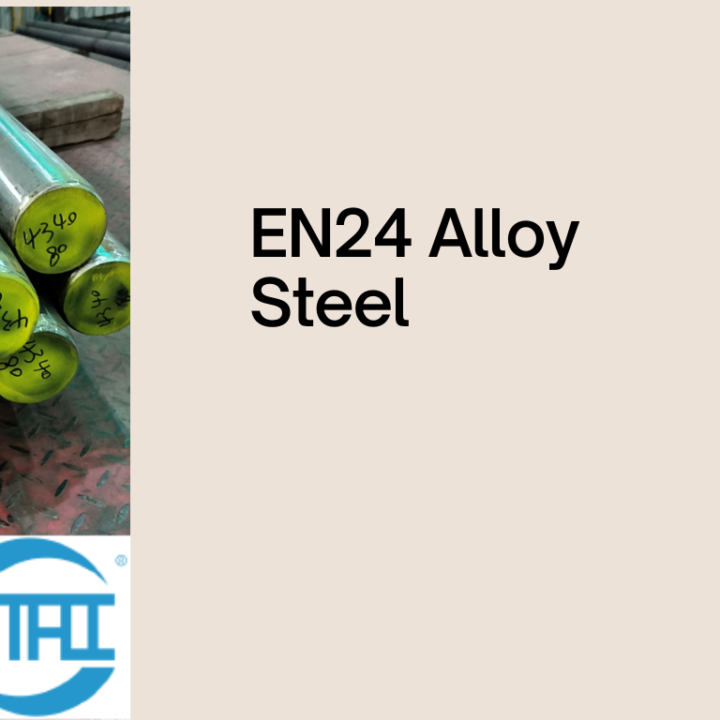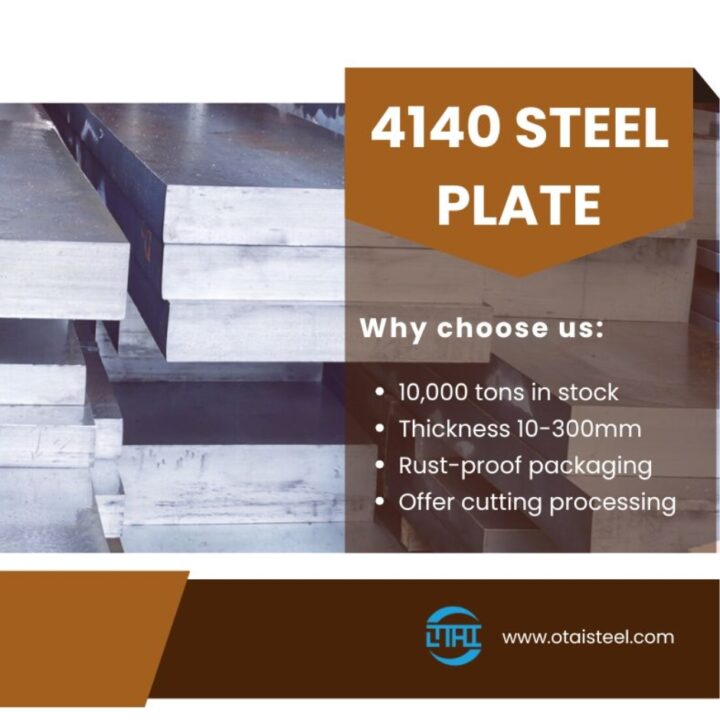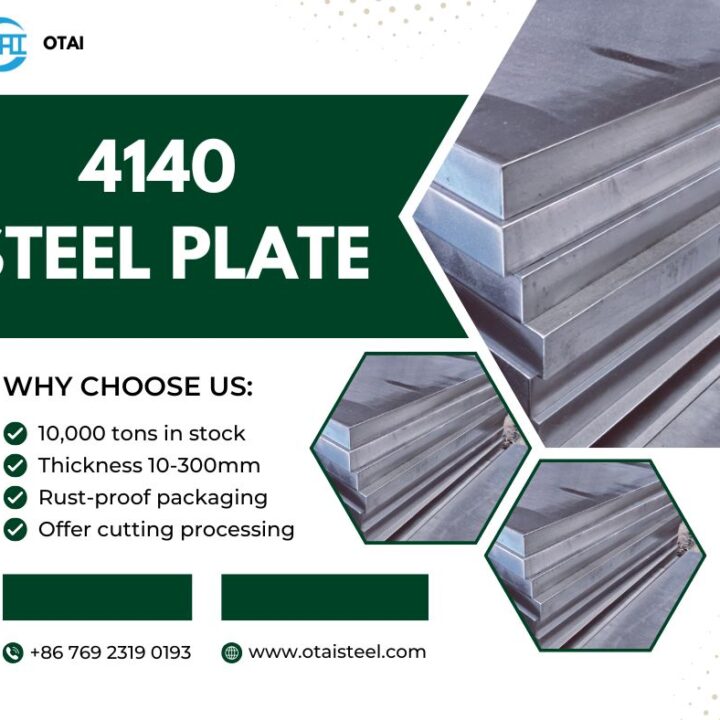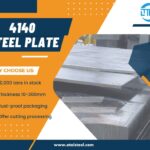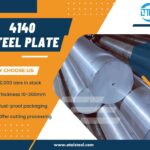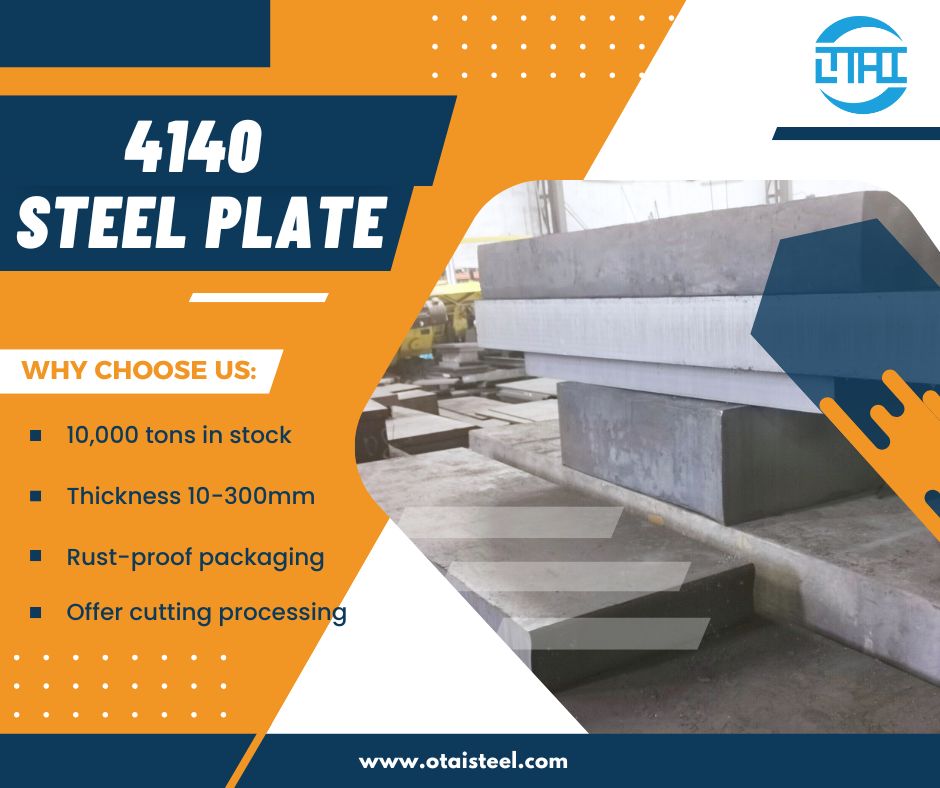 4140 Steel vs Grade 8: What’s the Real Difference?
4140 Steel vs Grade 8: What’s the Real Difference?
Are 4140 Steel and Grade 8 the Same Thing?
This is a common question we get from buyers, engineers, and even machine shop owners:
“Is 4140 the same as Grade 8?”
“Can I use 4140 steel instead of Grade 8 bolts?”
The short answer? No, they’re not the same thing.
Here’s why:
- 4140 is an alloy steel grade. It’s a specific type of chromium-molybdenum steel used in a wide range of structural, tooling, and mechanical applications.
- Grade 8, on the other hand, is a bolt strength classification defined by SAE (Society of Automotive Engineers). It doesn’t refer to a specific material, but rather a set of mechanical performance standards—mostly applied to fasteners like bolts and screws.
So, while you could technically make a Grade 8 bolt using 4140 steel, not all 4140 products are automatically Grade 8.
Understanding the difference between 4140 and Grade 8 helps prevent design errors, safety risks, or failed components down the line.
Mechanical Properties: 4140 Steel vs Grade 8 Fasteners
Let’s take a closer look at how 4140 steel stacks up against SAE Grade 8 bolts in terms of key mechanical properties.
| Property | 4140 Steel (Heat Treated) | SAE Grade 8 Fastener Spec |
|---|---|---|
| Material Type | Alloy steel (Cr-Mo) | Usually medium carbon alloy steel |
| Tensile Strength | 850–1000 MPa | Minimum 150,000 psi (~1034 MPa) |
| Yield Strength | ~655 MPa | Minimum 130,000 psi (~896 MPa) |
| Hardness (HRC) | 28–32 HRC | 33–39 HRC |
| Elongation | ~25% | ~12% |
| Heat Treating Required? | Optional (QT or Annealed) | Mandatory |
Now here’s the interesting part:
4140 can be heat treated to meet or exceed the strength levels required for Grade 8 fasteners, but not all 4140 steel on the market is treated to those specs. If you’re using as-rolled or annealed 4140, you won’t get anywhere close to Grade 8 strength.
So, when someone asks, “Is 4140 stronger than Grade 8?”
It really depends on the heat treatment. Properly quenched and tempered 4140 can meet or exceed Grade 8 requirements.
Can You Use 4140 Steel to Make Grade 8 Bolts?
Technically, yes—you can use 4140 steel as the raw material to produce Grade 8 bolts. But it’s not that simple.
Grade 8 bolts aren’t just about strength. The SAE standard also defines:
- Surface hardness
- Heat treatment method
- Dimensional tolerances
- Markings and traceability
So, to produce a true Grade 8 equivalent, you must:
- Start with quality 4140 steel with controlled chemistry
- Perform precise heat treatment to meet strength and hardness targets
- Run full inspection including tensile, impact, hardness, and grain structure testing
- Meet dimensional and thread specifications (especially for critical fasteners)
In our own facility at Otai Steel, we’ve worked with customers in the agriculture, construction equipment, and defense industries who use 4140 to make custom high-strength bolts. But they always send the steel for proper post-machining heat treatment before assembly.
If you’re thinking about making bolts with 4140, let us know—we can supply the material pre-machined, pre-cut, or heat treated to your specs.
When to Choose 4140 vs When to Stick with Grade 8
Let’s be real—sometimes 4140 is overkill, and sometimes Grade 8 just isn’t enough.
Here’s how we advise our customers based on different scenarios:
| Application Type | Recommended Material | Why? |
|---|---|---|
| Standard structural bolting | SAE Grade 8 bolt | Certified, easy to source |
| Custom-sized high-strength bolts | 4140 steel (heat treated) | Flexible, cut-to-length, cost-effective |
| Equipment parts (shafts, pins) | 4140 steel | Machinable and tough |
| Critical safety connections | Grade 8 or above | Certification and traceability |
| Hydraulic system fasteners | 4140 or Grade 8 | Depends on pressure & fatigue load |
One of our clients in Texas builds agricultural sprayers. They were using off-the-shelf Grade 8 bolts but faced frequent thread galling during assembly. We helped them switch to 4140 steel rods with custom threads and induction hardening, and failure rate dropped by 85%.
On the other hand, for someone just mounting a bracket to a frame, a standard Grade 8 bolt does the job perfectly, with guaranteed specs and fast delivery.
Why 4140 May Be Too Much (or Not Enough) for Some Bolted Joints
Let’s say you have a heavy-duty trailer, and you think:
“Why not just use 4140 everywhere? Stronger is better, right?”
Well… not always.
4140 steel can be very strong, but:
- It’s more expensive than standard bolt material
- It requires machining—no threads, no heads unless you make them
- It needs heat treatment, or it won’t hit Grade 8 specs
- It’s not certified for bolt-grade performance unless tested
Meanwhile, SAE Grade 8 fasteners come ready-to-use, traceable, and mass-produced under tight QC. For many users, they offer a better balance of cost and performance.
But if you’re doing custom machinery, need non-standard bolt sizes, or want to create your own high-stress connectors, 4140 is an excellent option—if treated correctly.
Why Otai Steel is Your Best Choice for 4140 Steel and Fastener-Grade Materials
Here at Otai Special Steel, we’re not just stockholders—we’re your full-service steel solution partner.
- Over 10,000 tons of alloy steel in stock
- 4140 steel from 6mm to 300mm thickness, all ready to cut
- Precision cutting, heat treatment, and tight tolerance grinding
- Full chemical composition and UT testing
- Rust-proof bundle or wooden box packaging
- All shipments can be third-party inspected (e.g. SGS)
- 25+ years supplying to major global brands like Thyssenkrupp, Borealis, and Schlumberger
- Global delivery within days
Want to save time and cost on your next batch of bolt materials?
📧 Email us at jack@otaisteel.com
📱 Or WhatsApp: +8676923190193
We’ll recommend the best material and give you a fast quote.
FAQs – 4140 Steel vs Grade 8: You Asked, We Answered
1. Is 4140 steel the same as Grade 8?
No. 4140 is a material type. Grade 8 is a performance classification for fasteners. But heat-treated 4140 can meet Grade 8 specs.
2. Can 4140 steel be used to make bolts?
Yes. With proper machining and heat treatment, 4140 can be turned into high-strength bolts.
3. Is 4140 stronger than Grade 8?
It can be—if treated properly. In raw form, 4140 is usually weaker than Grade 8 requirements.
4. Which is more affordable: 4140 steel or Grade 8 bolts?
For small batches, 4140 may be cheaper. For mass production, Grade 8 is more economical and easier to source.
5. Do you offer cut-to-size 4140 for custom bolts?
Yes! We can cut, grind, heat treat, and ship to your drawing requirements—fast.
